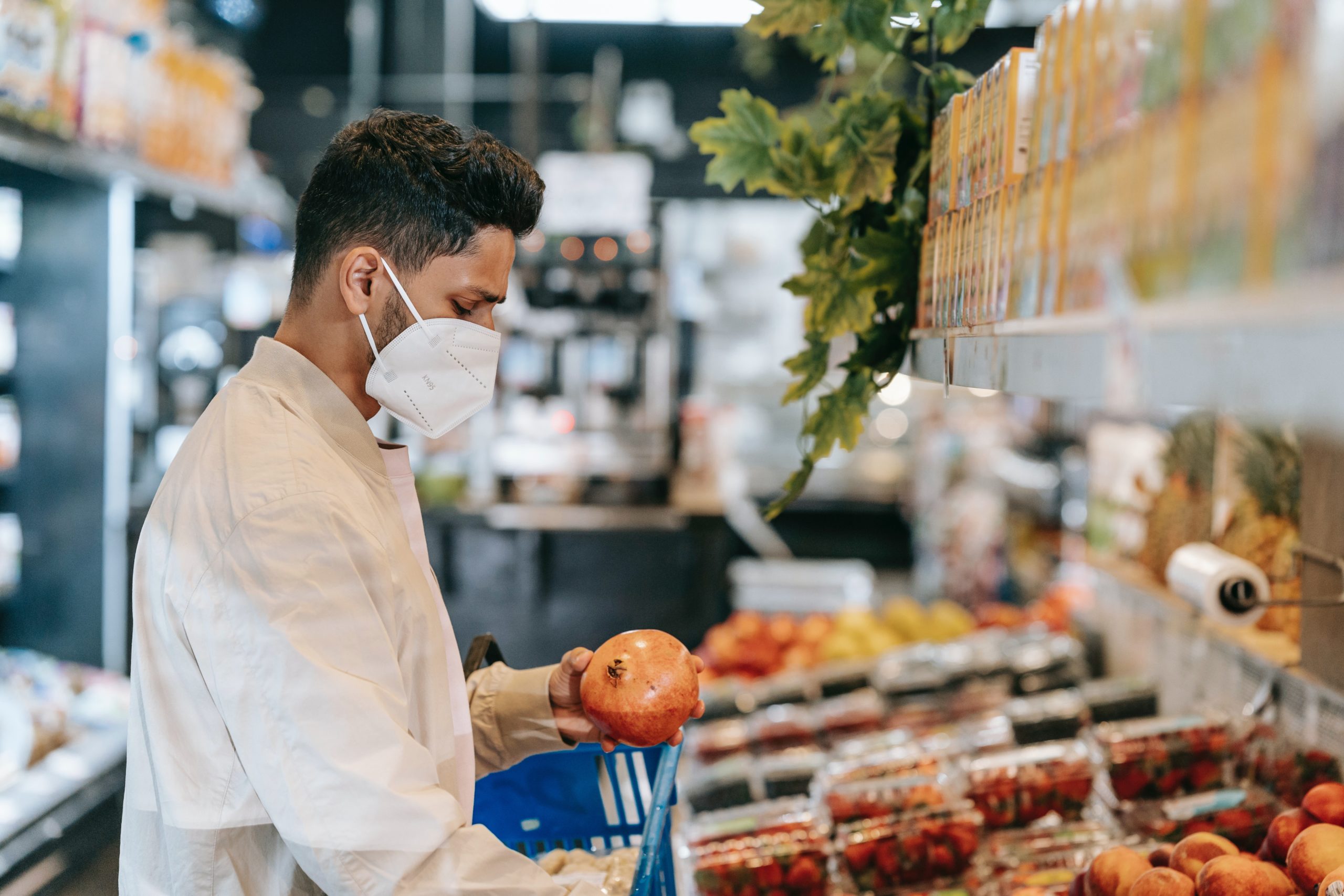The food and beverage industry represents one of the most important sectors of the economy. Companies in this field are well aware of their need to turn a profit, while maintaining their important social and legal responsibility to keep consumers safe and protect public health.
Many people might not realize that getting food to consumers safely and responsibly is a huge logistical challenge. Food and beverage companies use a variety of sophisticated technologies to meet that challenge. Supply chain failure in this industry could have catastrophic societal consequences.
Let’s take a look at how food and beverage companies use technology to keep their customers safe and comply with consumer protection regulations.
Understanding the Cold Chain
To understand the technologies the food and beverage industry uses to keep consumers safe, one needs to know a few points about what is known in the industry as the cold chain. Simply put, the cold chain is a temperature-controlled supply chain that ensures products are kept at sufficiently low temperatures throughout their journey to consumers to maintain safe conditions.
In order to meet storage standards, food products must be kept in climate-controlled storage facilities from initial preparation to the end point. Not only must storage facilities be up to the task of refrigerating products, but temperature-monitoring procedures must also be established and maintained to record temperature data and alert company management if temperatures fluctuate outside of the safe range.
Data Loggers for Food Safety
Data loggers play a key role in ambient temperature monitoring for cold chains. Data loggers are electronic devices that measure and record multiple kinds of environmental data, including temperature. Because data loggers take temperature readings at regular time intervals, they are a crucial part of quality assurance protocols for food and beverage companies.
Data loggers can promptly alert company management to technical problems in refrigerated storage facilities. Some data loggers can even be programmed to determine if the door to a storage facility is left open.
By collecting and recording temperature data, data loggers play a vital role in preventing foodborne illness outbreaks and public health crises. In the case of a foodborne illness outbreak, traceability is extremely important. Data loggers can help trace which storage facility was faulty.
Data loggers can be used alongside the equipment employed by commercial enterprises to ensure food safety and freshness.
Without data loggers, regulators would have an extremely difficult time determining the source of an outbreak in order to contain it. After regulators and company management determine which storage facility is to blame for an outbreak, other products that have passed through that facility can also be recalled, preventing a large-scale public health crisis.
Even if temperature isn’t responsible for a foodborne illness outbreak, and bacteria such as salmonella or E. coli is the culprit, traceability is vitally important to locate the source of the outbreak and recall products.
It is, therefore, no surprise that regulators actually require food and beverage companies to collect, record, and report temperature and supply chain data. Data loggers are thus not only necessary to keep consumers safe, but also to ensure and prove business compliance with local and federal regulations. Some of these regulations even specify which kinds of data loggers can be used to record and report temperature data.
Data Analysis Softwares
Often, when food and beverage companies report temperature data to regulators, the data must be presented in a specific format. To automate the process of formatting these large amounts of data, food and beverage companies make use of data analysis software.
Typically, the data that data loggers record is stored on the logger’s internal memory. Many data loggers can be connected to computers so the information collected can be transmitted to the computer system, stored and analyzed by data analysis software.
Aside from formatting data, many of these computer programs possess sophisticated analytical and computational tools. These can be used to detect patterns in data and draw conclusions from large datasets making them ideal for use not only in food and beverage related industries but also many others, to develop valuable business intelligence insights.
Data Loggers to Track Power Usage
Data loggers that track power usage, for example, can give food and beverage companies insights into the most energy-intensive parts of their supply chain. Management can then devise solutions to make these facilities more energy-efficient, saving money for the business and potentially producing environmental benefits.
Many regulators offer incentives to companies that curb energy usage and are more environmentally friendly. These companies can use data loggers to gain insights into how they can reduce their carbon footprint and pollution. That, too, is an important part of keeping consumers safe.
Surprisingly, some chefs and restaurants use data loggers to monitor temperatures and data usage of outdoor cooking appliances.
Helping Frontline Supply Chain Workers
Before the dawn of the information age, where digital transformation has overtaken every major industry, workers used analog tools (e.g., thermometers) to measure and record temperature data. This was also true in the healthcare industry, in which healthcare workers used thermometers to keep sensitive medical products in sufficiently low temperatures.
Thanks to the digital and computing revolution, however, companies began using electronic devices like data loggers to record temperature data. This represented a major innovation and allowed companies to automate their ambient temperature monitoring procedures. Not only that, but data loggers also made data more accurate, reliable, and transparent.
This increased accuracy and transparency of data is more important now than ever since frontline supply chain workers have been put under a great deal of pressure during the COVID-19 global pandemic. Fulfilling their duties to safely get food to consumers throughout the pandemic has been challenging, and empowering these workers with the tools they need to manage supply chains responsibly is essential.
Data loggers are invaluable tools for supply chain workers because they automate the process of gathering and recording the temperature of food storage facilities. It is not hyperbolic to say that the entire supply chain system might have ground to a halt during the pandemic if it wasn’t for data loggers and other technologies. This is especially true considering that the USDA food safety net was largely credited with preventing massive food shortages during the pandemic.
In conclusion, it’s easy for consumers to overlook the many technologies that go into getting well-preserved, fresh food into their refrigerators. Data loggers play a crucial role in food safety procedures and will likely continue to be adopted on an even greater scale by global food supply chains.

